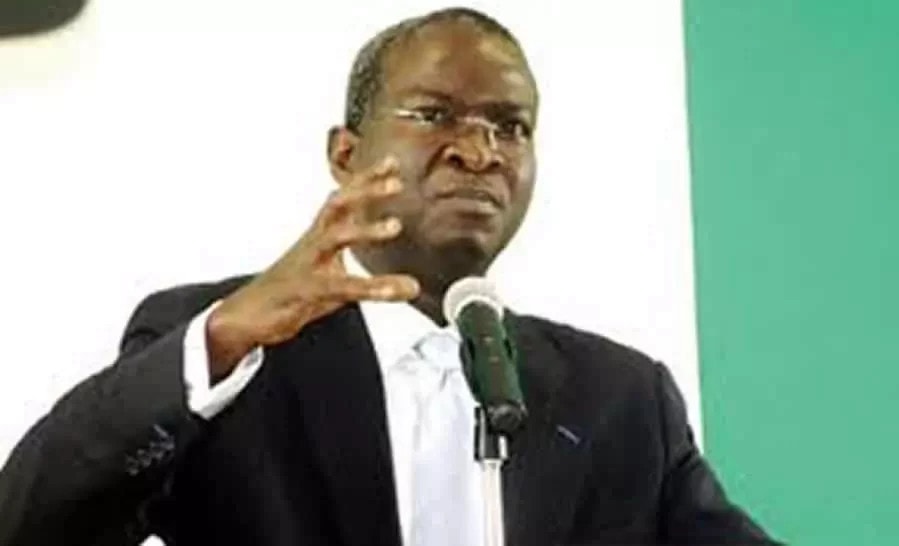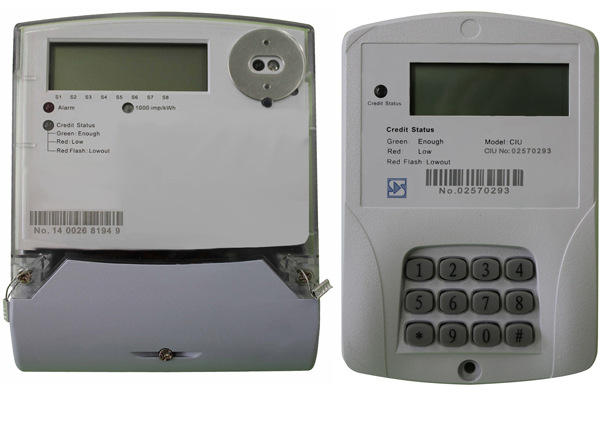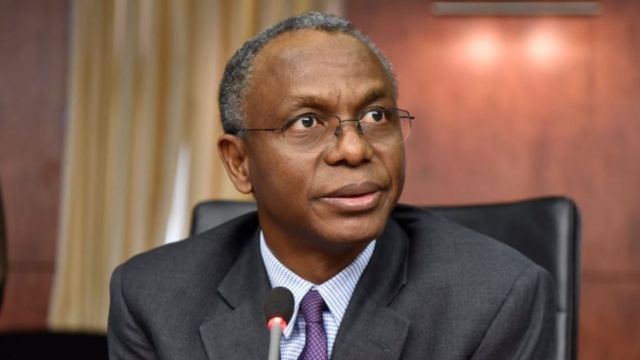‘Power Sector Recovery Programme Will Help Restore Financial Viability’
The Minister of Power Works and Housing, Mr. Babatunde Fashola SAN, has described the Power Sector Recovery Programme, as a series of carefully thought out policies and actions that have emanated from government’s interactions with the players in the industry aimed at restoring financial viability, improve transparency and service.
The Minister who conducted an Overview of the Power Sector at the Fourth Presidential Quarterly Forum at the State House, Abuja said the five-year Programme also seeks to reset the industry for future growth.
“It is really a series of carefully thought out policies and actions that have emanated from government’s interactions with all the players in the industry, not only as a result of my monthly meetings but also meetings at the higher levels of government which have come as feedback to us as issues challenging the industry”, he said, expressing delight that many of the Operators whom he used to meet with on a regular basis were at the Forum.
Fashola noted that the Power Sector Recovery Programme has been developed, in collaboration with the World Bank Group, as the programme of actions to activate and achieve the Energy requirements needed to meet the economic objectives articulated in the Economic Recovery and Growth Plan presented recently by President Muhammadu Buhari.
“We have developed this document in collaboration with the World Bank to whom we will be looking for support, not only in terms of technical areas, but also in particular the financial support they can offer to the government side and also to the few Operators that may need financing support from the Private Sector arm of the World Bank which is the IFC”, he said.
Enumerating debts, tariff and World Bank funding as some of the big issues that agitate the sector, the Minister explained that debts have arisen “partly by inefficiency and partly by government interventions as a result of tariff reversals in the heat of elections”.
He explained further, “You will all recall that at the time government directed that tariffs be reversed somebody was already producing power, somebody was producing gas, and some body was transporting it. Who was going to carry that Can?”, adding that the Power Sector Reform Programme has set out programmes “to solve those debts, find a way to pay them or to restructure them in a way that restores viability back to the sector so that the operators can carry on with their business”.
He noted that there were also debts owed as a result of the consumption of electricity by government departments and agencies which again government was now addressing adding that it had reached inception closure which, according to him, “We will be communicating to you when we get approval for the amount”.
Fashola, however, added, “But I am also happy to say that some of the Operators here can acknowledge that some of the Ministries’ debts have been paid, at least as it relates to the Federal Secretariat at Abuja and we are doing our level best to ensure that we don’t run into default again”.
On the tariff side, the Minister who noted that there were misunderstandings about the issue, added, “There are issues about whether they are cost reflective. Tariff issues have also been subject to the vicissitudes of the larger economy; what was supposed to be tariff gains have been wiped out by exchange rate depreciations”.
He added, “And so one of the things we are trying to do now is to re-evaluate the tariff regime in a way to see first that the methodology must be simpler; those who pay must understand how they arrived at the price and all of us must be able to say this is what the tariff is saying and it is a little complex at this moment. So, this is some of the issues that the Power Sector Recovery Programme seeks to address”.
Fashola said Government had, by way of operational and technical interventions, set a minimum generation of 4,000MW adding that it was important to stress the word minimum because ”at the time this administration started its journey on May 29, 2015, the amount of power on the grid was 2,690MW”.
“Today we are now averaging about 4,000MW and we want to make that just a minimum. But I have always tried to refrain from discussing megawatts because I think what is important to us as consumers is how much energy do I have on a minute-by-minute basis”, he said.
According to the Minister, “That is the minimum threshold, and then we have to also reduce the losses and the losses come from so many sides; lack of proper metering, poor equipment, electricity theft, violation and destruction of electricity assets that generally just characterize inefficiencies”, adding that those were also the issues the Power Sector Reform Programme was set to address.
The third issue the programme would address, he said includes governance issues, the quality of representation, including Federal Government representation on the Boards of the DisCos, representing the interests and shareholding of Federal, State and Local Governments.
He added, “We want to improve the quality of that representation in a way that it can help those companies also to bring some financial, technical and other skill sets to play so that they can help the majority shareholders to actually deliver on their objectives which is our role really as enablers”, pointing out that it would also “improve transparency using data, install our supervisory data acquisition and control system so that everybody really sees on a near real time basis what is going on”.
The Minister said government would also enable the Private investors to also resolve issues such as legal issues they were challenged with “either as a result of lack of understanding of the emerging nature of Private Sector intervention”, expressing delight that the Judicial arm had responded in a most admirable fashion.
“The Judicial arm has responded in a most admirable fashion by the practice directions issued by the Chief Justice of Nigeria to all Federal courts requiring that all cases relating to electricity and electricity related matters, where they have arbitration clauses, the courts must quickly decline jurisdiction and let the parties go to arbitration which is a more efficient mechanism for resolving commercial disputes instead of having cases set down in court”, he said.




